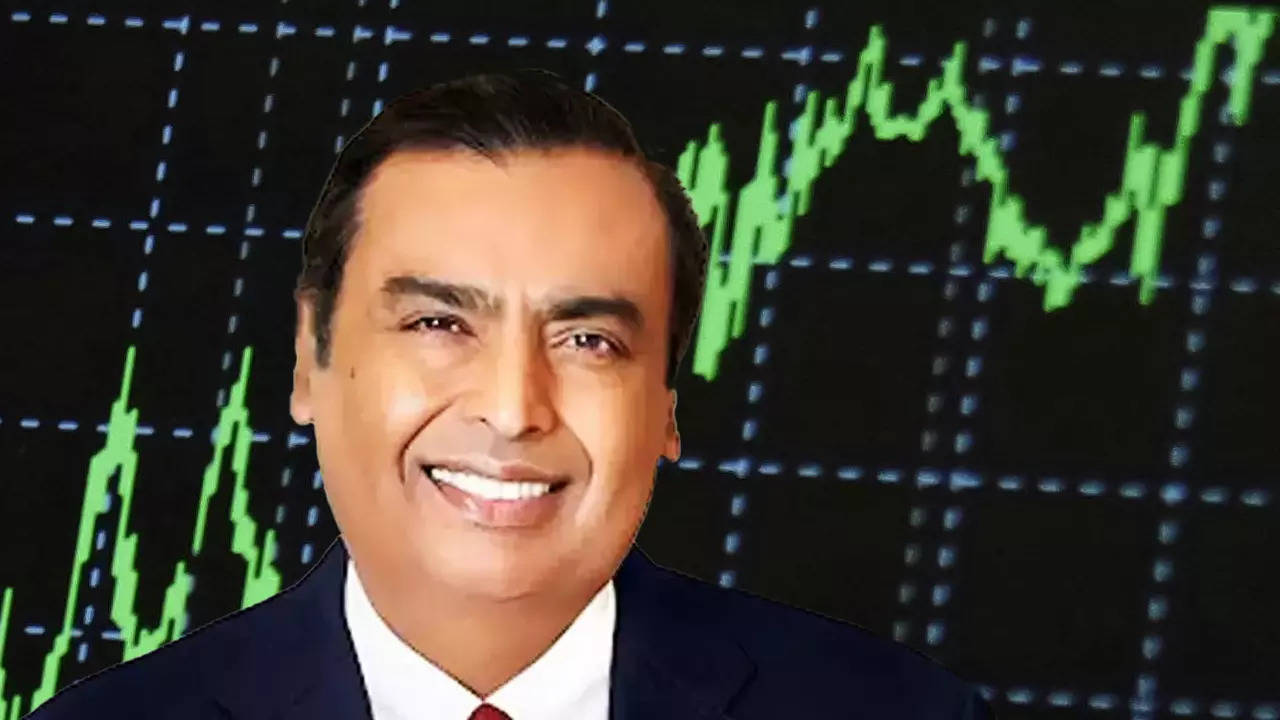
Reliance Industries (RIL), spearheaded by the visionary Mukesh Ambani, is on the brink of a significant growth phase as per the analysis presented by global brokerage giant Morgan Stanley. The firm is optimistic about RIL’s fourth monetisation cycle, foreseeing a potential surge in market capitalisation by $60-100 billion, with a target price of Rs 3,540 per share.
According to a report published by ET, the brokerage firm attributes this projected growth to RIL’s strategic investments in new energy initiatives, expansion of their retail sector to capture market share from the unorganised segments, and the reconfiguration of existing energy businesses.
These pivotal factors are anticipated to pave the way for sustained earnings growth over the next few years, assuming a consistent ROCE above 10%. Morgan Stanley predicts a 12% EPS CAGR from F24 to F27, with numerous triggers across diverse verticals.
The brokerage firm envisions RIL’s ROE surpassing its cost of capital in the future, as the company shifts towards a more profitable, sustainable, and less cyclical growth model. This transformation is propelled by alterations in both business operations and capital structure.
Moreover, Morgan Stanley has increased its multiples in the SOTP (sum-of-the-parts) valuation by 0.5-1.0x to reflect this prospective monetisation, aligning RIL with domestic and global peers that have observed business upswings and a consequent re-rating of multiples by approximately 30% over the past year.
Accounting for recent telecom tariff revisions, oil price fluctuations, and refining margins, Morgan Stanley has slightly revised its EPS estimates for the years 2025 (up by 7%), 2026 (up by 7%), and 2027 (up by 8%). The firm remarks that “RIL has been a ‘show me’ story for the past decade and has witnessed significant market cap escalation once new revenue streams such as new energy initiatives and enhanced telecom/chemical margins have been actualized.”
Following the recent tariff modifications by Reliance Jio, RIL shares have surged by over 8% in the past week, reaching unprecedented record highs.








